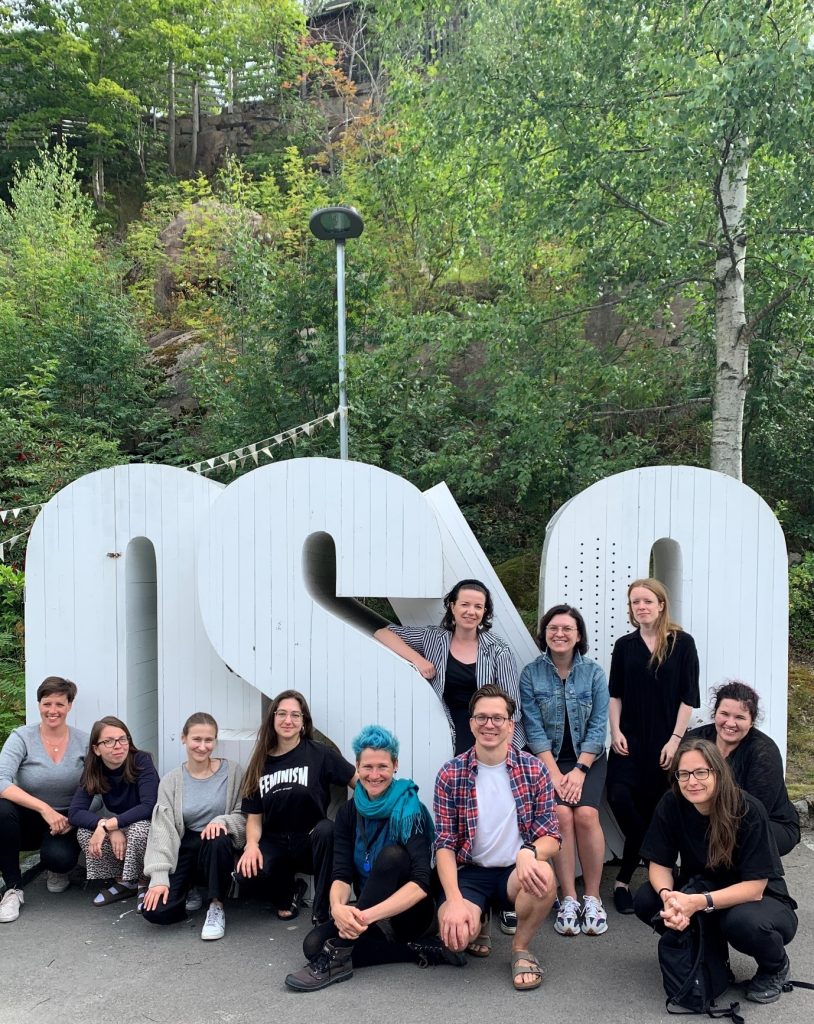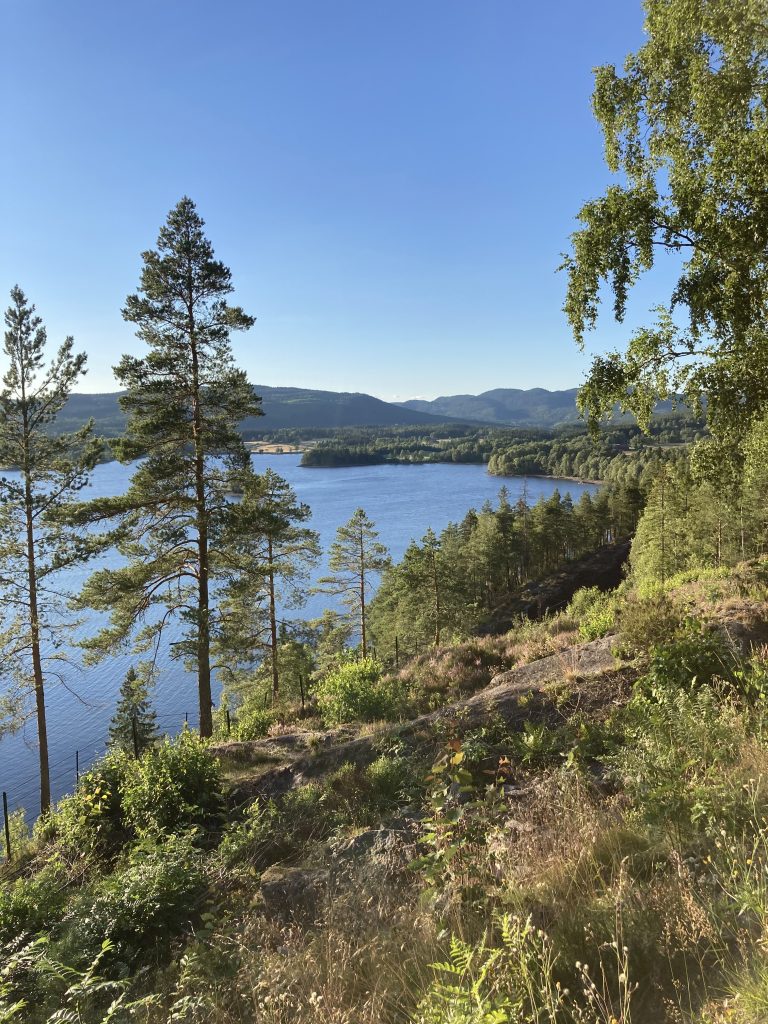An overview of Summer Session 2022 from granted participants
“My experience of the NSU is the serendipitous benefit of the informal conversations with those sharing the time between sessions to share feelings that share the same interest in what turned up unexpectedly during those conversations. Unexpectedly. Taking some time to articulate some comments that often turn out to be helpful spiraling around those ‘what turned up’ phenomena.
Priceless.”
Bill Thompson, study circle 8,
“Futures of Education, Cultural Diversity, Imaginations and Collective Transformations
in Time of the Anthropocene”
“For me, Nordic Summer University was about events when, together with other people, we created something, went somewhere, talked about different things, or simply listened to each other and thus found ourselves. It was an interesting experience where every day we talked about our identity, heritage, culture and nature.
The friendly atmosphere that extends throughout NSU is another level of enjoyment of the place. Due to the feeling of home safety, the process of education was not a boring act of doing something, but an exciting part of everyday life. Having entered such a pace of daily exchange of diverse and interesting practices I want to do more and more outside of NSU. Especially given the fact that at the workshops I discovered a lot of new practices that I want to quickly apply in my new and existing projects.”
Antanina Kamelchyk, study circle 10,
“Creative practices as a tool to interpret and redefine heritage of the Nordic-Baltic regions”
“When applying to Nordic Summer University session for Summer 2022, I only had very little and vague expectations about the upcoming week. I knew that I got accepted to a study circle called “Racialization, Whiteness and Politics of Othering in Contemporary Europe”, a rough schedule of the week and the location, that would be this year Oslo, Norway. What I did not know back then was how much I would learn during that summer week. NSU is a unique combination of interdisciplinary research and knowledge, a place to build new networks around the world and to enjoy the amazing nature nearby. Since NSU Summer session lasts for a week, the experience differs drastically from originary conference – it is impossible to keep one’s “conference face” on for a full week, so one might find themself not only partaking in deep theoretical conversations but also, for example, singing karaoke, sharing deeply emotional moments, watching performances and even swimming in front of Oslo’s opera house right after sauna. The summer session at NSU was an interesting, intense and inspirational experience and after attending for the first time, I do understand why people keep returning year after year – I am planning to do the same!”
Saara Loukola, study circle 5
“Racialization, Whiteness and Politics of Othering in Contemporary Europe”



“After spending six years in the US working on my doctorate degree and upon my very recent return to Europe, I felt rather isolated academically. I had no contacts, and scarcely knew any people who thought and wrote about the matters that are so near and dear to my heart and mind. I didn’t even know where to begin looking for people who thought about Eastern Europe as a post-colonial space, or about racial hierarchies in the European continent, or about questions of gradation of humanity and worth among the white Europeans. So when I quite accidentally, and very last minute, happened upon the Nordic Summer School, I couldn’t believe my luck.
As an early career academic, I was immediately immersed in conversations with my peers from across European Universities who wrestle with similar academic and real-life problems. I found that my circle – shout out to circle 5, Whiteness, Racialization, and Otherness in Contemporary Europe – was a like a launchpad into networks and academic conversations in Europe that I didn’t even know existed. I was also immediately impressed with the collegiality and collaborative nature of the workshops. I felt safe to discuss my project, which is still very much in concept phase, and was impressed with the feedback I received.
This openness and friendliness as well as academic conversations extend not only to formal workshops and discussions, but also to spontaneous hallway meetings, dinner table debates, and coffee break laughter.
NSU may be over, but friendships and collaborations have just begun. I very much look forward to seeing how they develop in the future.”
Grazina, study circle 5
“Racialization, Whiteness and Politics of Othering in Contemporary Europe”